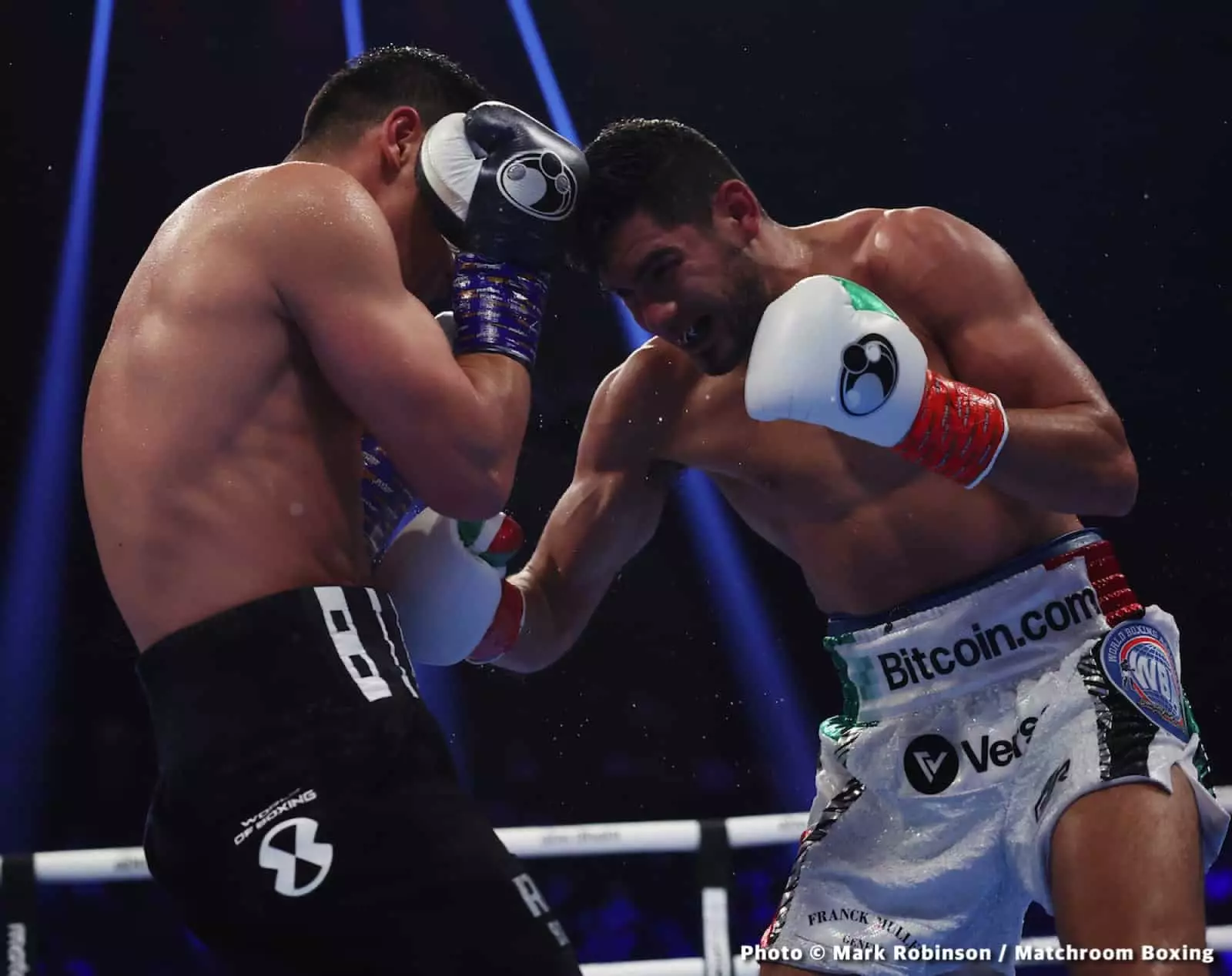Gilberto ‘Zurdo’ Ramirez is a name synonymous with power and skill in the cruiserweight division. Currently holding the WBA and WBO titles, he stands at the pinnacle of his weight class. Meanwhile, the rising star Jai Opetaia, the IBF titleholder, is eager to establish his place among the elite by calling for a unification bout. However, the contrast between these two fighters is apparent; Ramirez brings a wealth of experience and name recognition, while Opetaia struggles with visibility in a market dominated by bigger names, particularly in the U.S.
While Ramirez has been more than open about entertaining a matchup with Opetaia, it’s clear that the timing and context of such a fight are crucial. With Ramirez’s extensive record of high-profile bouts in the U.S., his brand and financial incentives make it unlikely that he would prioritize a fight with Opetaia, whose resume still leaves a lot to be desired.
The Recognition Gap: A Dilemma for Opetaia
Opetaia’s quest for greater recognition isn’t just a personal journey; it’s a structural issue in the sport of boxing. Despite holding the IBF title and boasting an undefeated record (27-0, 21 KOs), he has yet to carve out a significant niche for himself outside hardcore boxing circles. This lack of popularity is a significant hurdle, as in the world of boxing, reputation often translates to opportunity. For Ramirez, engaging with a fighter who lacks name recognition translates into diminished pay-per-view buys and a lower profile, counterproductive to his established career trajectory.
Moreover, Opetaia’s upcoming bout against Claudio Squeo, an unknown fighter with a similarly modest record, exemplifies the problem. Each of Opetaia’s recent matchups lacks the excitement and competitive edge needed to attract broader audiences. Until he faces more prominent and competitive opponents, the cycle of obscurity will likely continue, leaving fans and analysts alike questioning the authenticity of his championship status.
Strategic Options Awaiting Ramirez
The conversation surrounding a potential Ramirez-Opetaia clash highlights a broader strategic framework for elite fighters. Ramirez’s career is at a juncture where he can prioritize high-stakes matchups that resonate with both his brand and financial goals. While Opetaia’s name may come up in discussions, there are more lucrative bouts on the horizon. High-profile contenders like David Benavidez or the titans of Dmitry Bivol and Artur Beterbiev represent not just financial stability but also the chance to further cement Ramirez’s legacy in the sport.
Potential matchups against these fighters offer a far greater return on investment, both financially and in terms of fan engagement. As such, Ramirez finds himself in a position of power, with the ability to pick and choose his opponents based on not only who they are but what they represent in the boxing landscape.
The Boxer’s Journey: A Question of Marketability
In analyzing the trajectory of fighters like Opetaia, the question becomes one of marketability. What does it take for a champion to become a household name? This is a critical conversation for boxing’s future, especially in divisions like cruiserweight, where visibility often fluctuates. Opetaia must now focus on a roadmap that involves seeking high-profile trainers, taking risks with ambitious opponents, and perhaps most importantly, working on his public persona.
Until such a strategy is enacted, fans may continue to witness a stalemate in potential matchups that could frighten or excite the boxing world. For both Ramirez and Opetaia, the clock is ticking. The allure of unification is tantalizing, yet the practicalities make it clear that passions may yet need to be aligned before any blockbuster fight can materialize in the ring.

